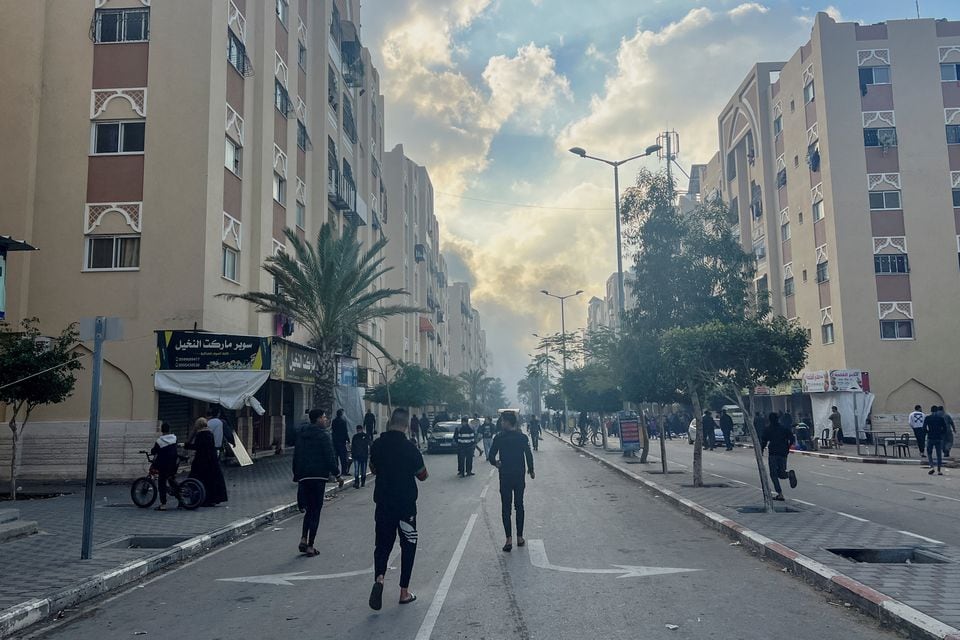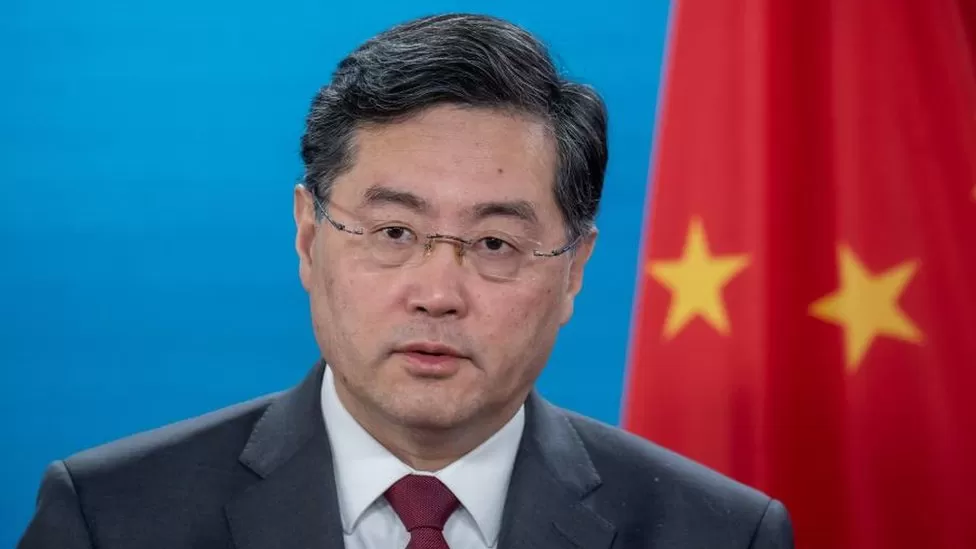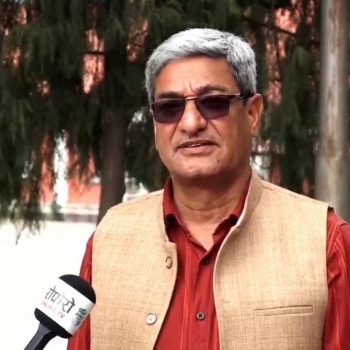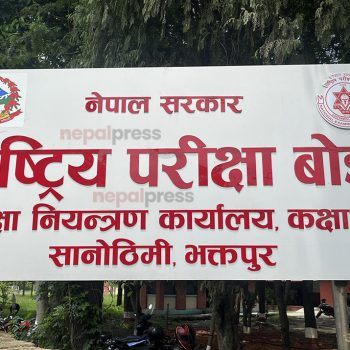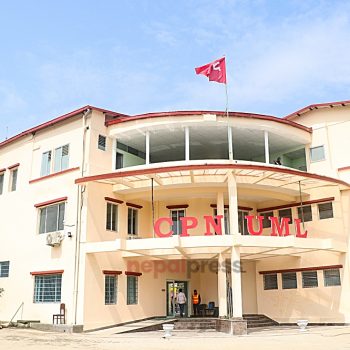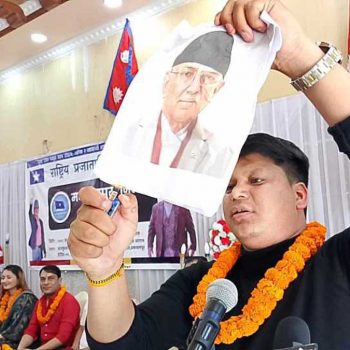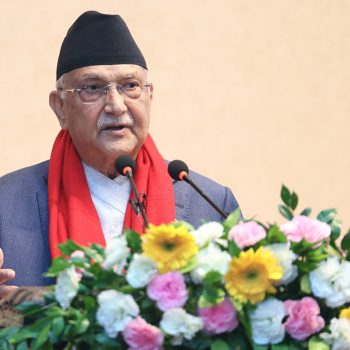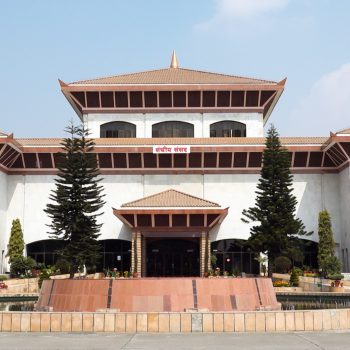Sri Lanka imposes curfew and blocks social media amid protests
 NepalPress
NepalPress
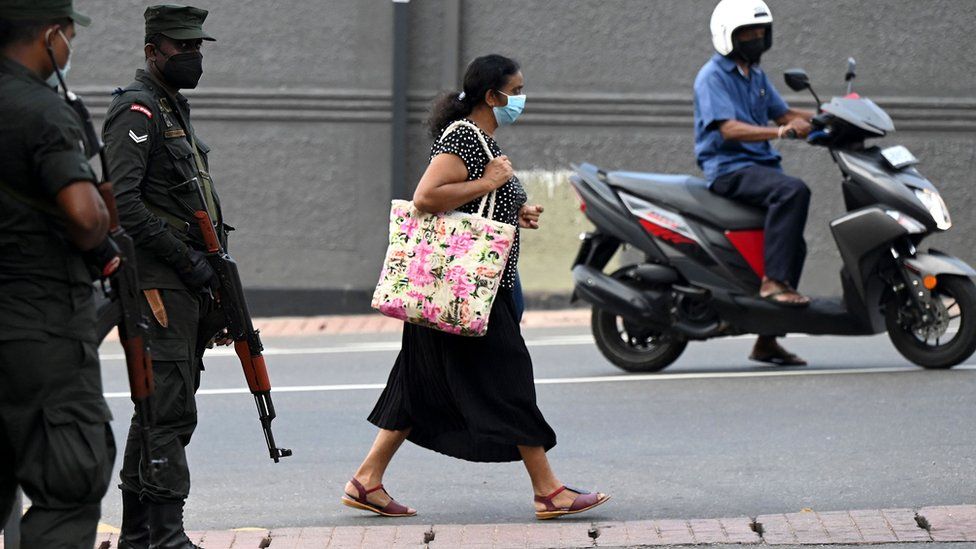
Sri Lanka’s government has blocked access to social media and imposed a 36-hour curfew, following protests against food and fuel shortages, BBC reported.
President Gotabaya Rajapaksa issued a notice prohibiting anyone from being on any public road, in a park, on trains, or on the seashore, unless they have written permission from the authorities.
The curfew began at dusk on Saturday.
The social media sites blocked include Facebook, Twitter and Instagram.
WhatsApp is also down, and mobile phone users received a message saying this was “as directed by the Telecommunications Regulatory Commission”.
The stringent restrictions are aimed at preventing new protests, after crowds were accused of setting vehicles ablaze near the president’s private residence on Thursday.
The island nation is in the midst of a major economic crisis. It is caused in part by a lack of foreign currency, which is used to pay for fuel imports.
Faced with power cuts lasting half a day or more, and a lack of fuel and essential food and medicines, public anger has reached a new high.
Thursday’s protest outside President Rajapaksa’s Colombo house began peacefully, but participants said things turned violent after police fired tear gas, water cannons and also beat people present.
Protesters retaliated against the police by pelting them with stones.
At least two dozen police personnel were reportedly injured during the clashes, according to an official cited by Reuters news agency.
On Friday, 53 demonstrators were arrested, and local media reported that five news photographers were detained and tortured at a police station. The government said it would investigate the latter claim.
Despite the crackdown, protests continued, and spread to other parts of the country.
Demonstrators in the capital carried placards calling for the president’s resignation. The demonstrations mark a massive turnaround in popularity for Mr Rajapaksa, who swept into power with a majority win in 2019, promising stability and a “strong hand” to rule the country.




